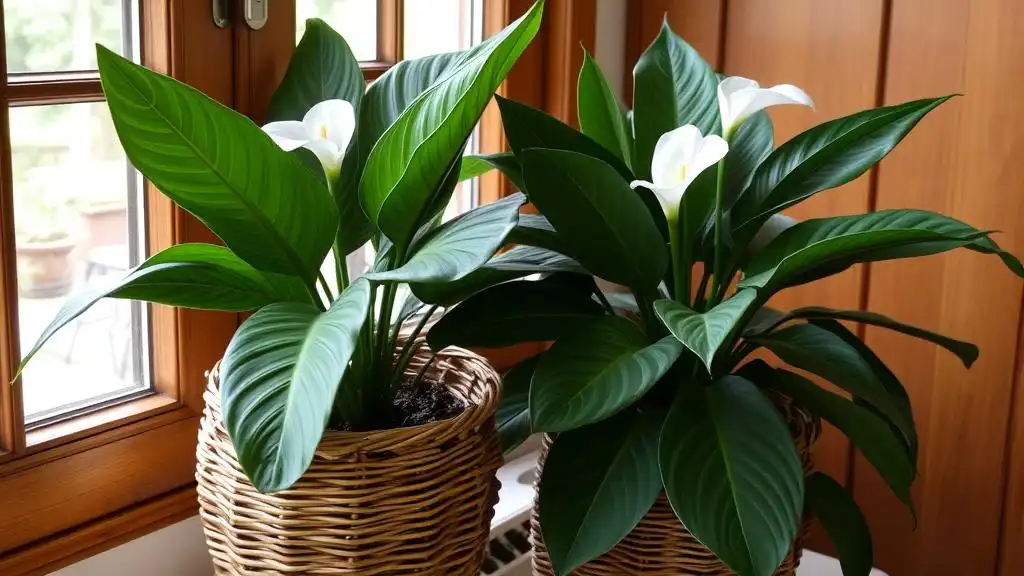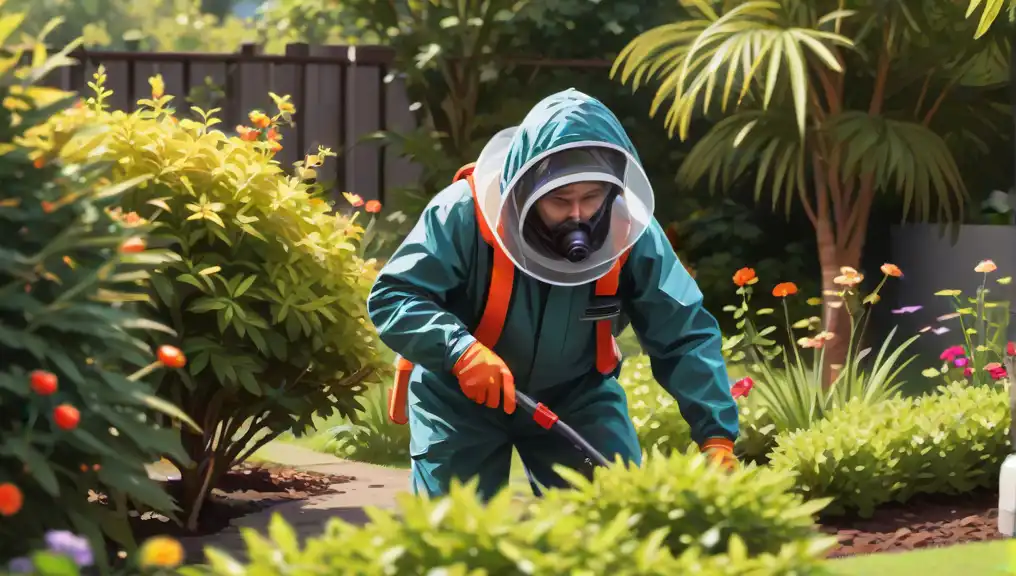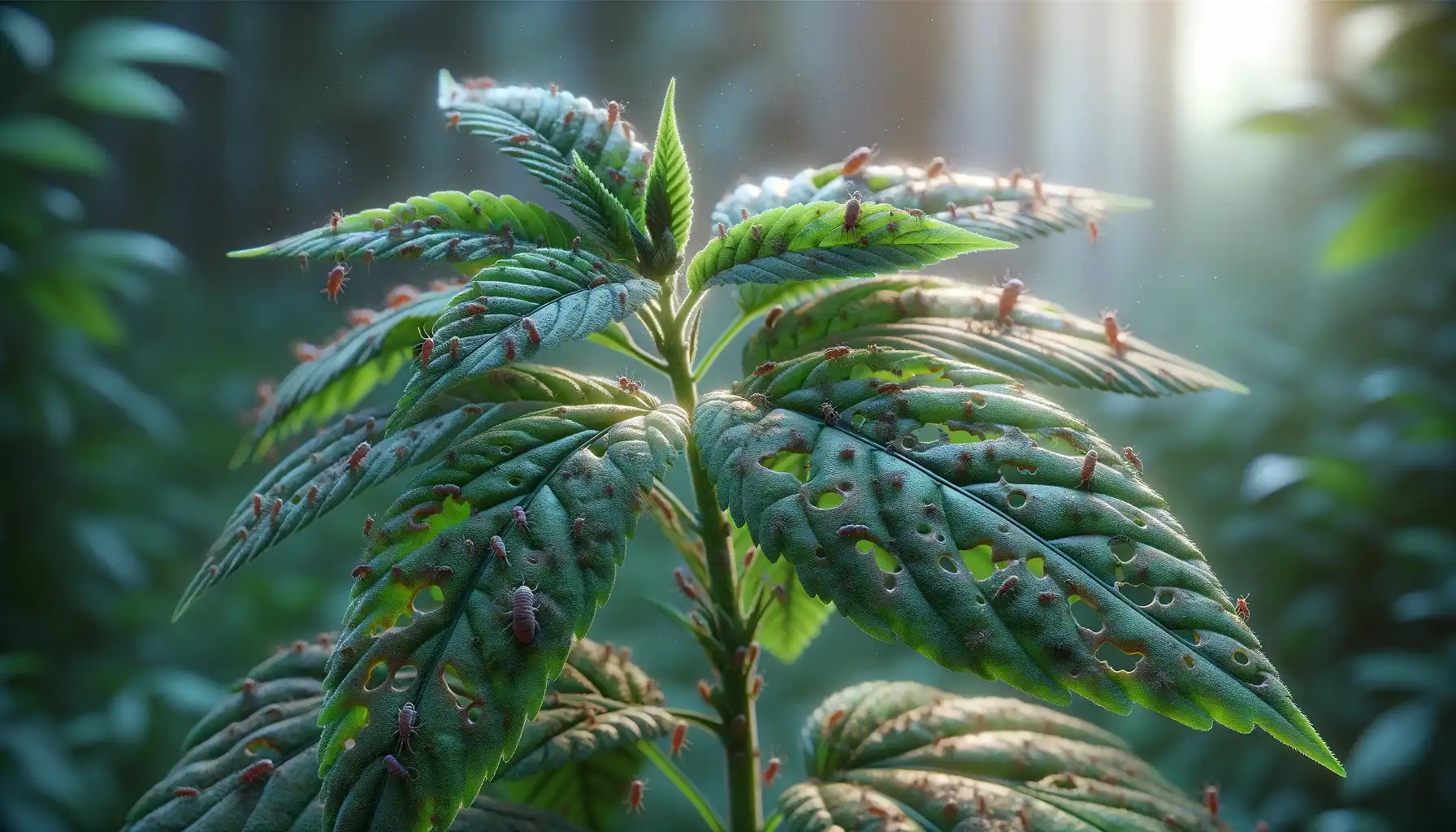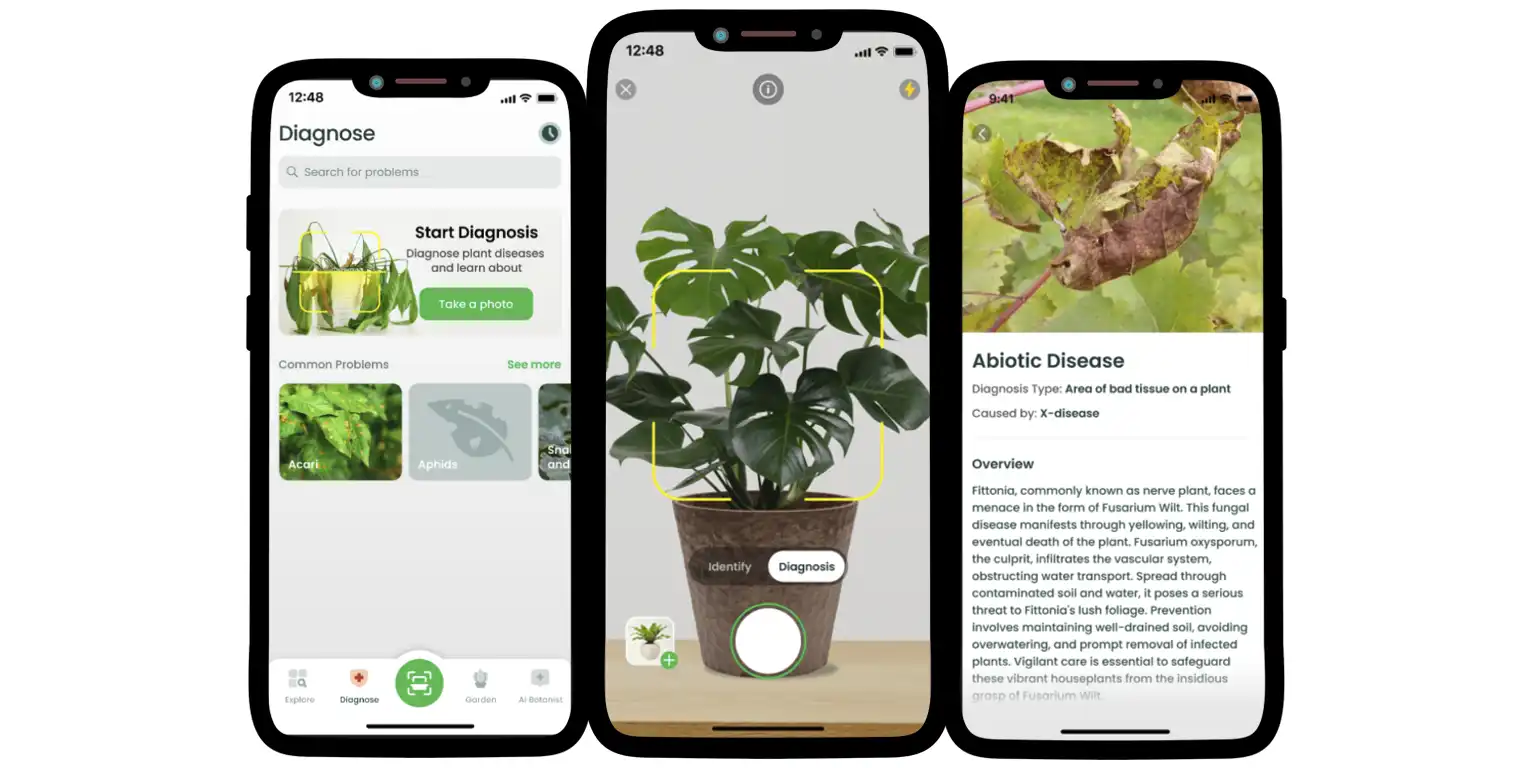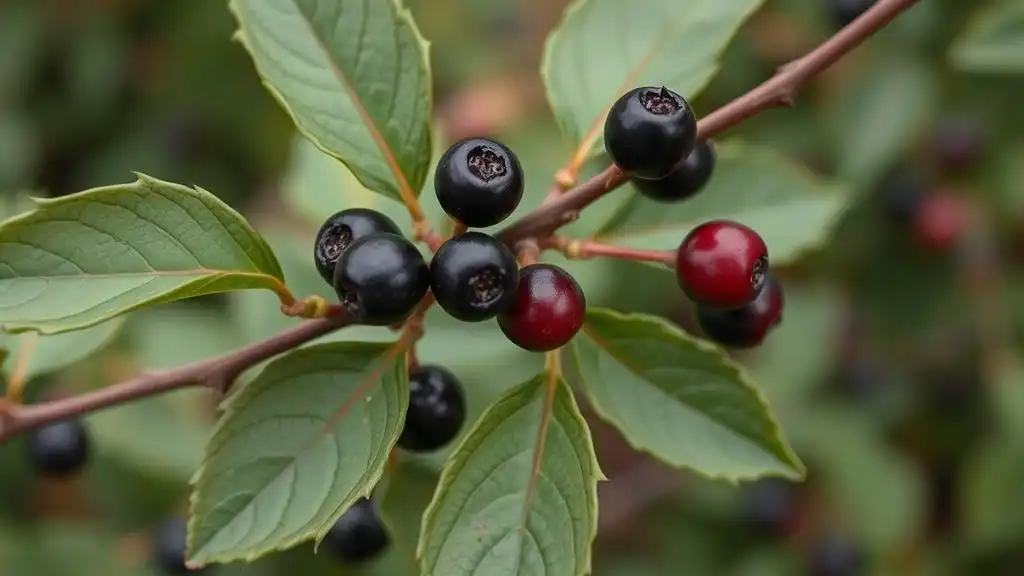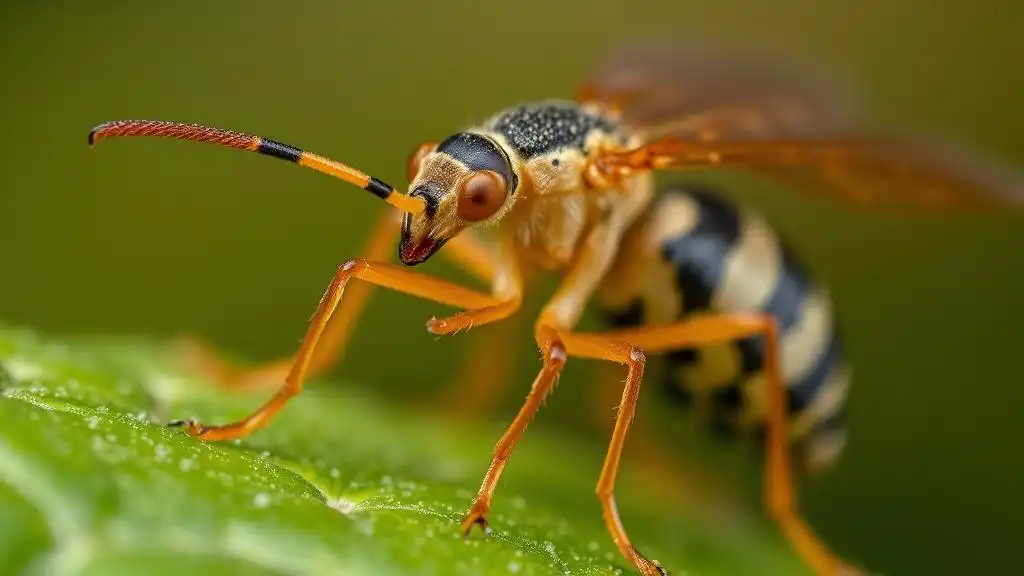Taking care of a garden, be it an indoor greenhouse or an open-air yard, is always a challenge, disturbing yet a pleasant one. While some difficulties might be met with great interest and curiosity, others, like pest infestation in particular, haunt and exhaust plant lovers who put their hearts and souls into gardening to the full extent.
Proper plant protection involves various pest control methods each of which may offer its own benefits yet reveal its flaws. So, why don’t we learn more about pest control strategies and explore the most popular options for you to choose an appropriate and convenient one?
What is Pest Control and Why Does It Matter?
Pest infestation has always been considered a major problem for garden inhabitants, animals, humans, and the surrounding areas as well. What we primarily see as pests covers insects and mites (e.g., aphids, caterpillars, whiteflies…), nematodes, some animals (rodents and birds, for instance), etc. So as to protect plants and restore their vitality, there exist various pest control practices that aim to manage and eliminate pest populations and regulate the floral balance within the greenhouse.
Pests, in essence, pose a significant threat to any living being on the infested territory, for they typically feed on leaves, stems, roots, and fruits, trigger plant diseases, and deplete their inner resources, too. Pest control usually helps one effectively protect yield crops from possible complications, preserve biodiversity, reduce the presence of allergens and toxins, improve aesthetics, and much more.
In the framework of modern agriculture, one is free to select any type of pest management, from the most environmentally friendly options that do not harm plants but ward off malicious organisms to drastic measures that wipe off the pests and ensure the “sterility” of a process. Now, let us explore the main categories of pest control methods and define their advantages in the end.
Non-Chemical Methods
Sustainable gardening is not a trend but a lifestyle and a great opportunity for plant lovers to support the environment with natural forces only. And non-chemical methods of pest control are a part of this philosophy. In general, their idea consists of minimizing environmental impact and reducing the use of synthetic products, which means that the natural balance remains untouched yet plants are no longer affected by the pests from now on. So, what do these methods include?
Biological Control: Nature lives in balance, and pest elimination cannot but affect the flora and fauna of the given area either way. One of the most harmless options to get rid of pests is the introduction of predators and beneficial insects such as ladybugs, beetles, bees, and wasps may help control pest populations but keep your garden a harmonious space, too.
Cultural Control: Sometimes, managing plants in the garden is enough to ward off pests and take control of the crop again. Make use of plant rotation techniques and remove plant debris and fallen fruit to prevent pest infestation and disrupt pest life cycles in advance.
Physical Control: Besides, one can confront and deter pests in a traditional sense, i.e., remove pests by hand, employ physical barriers (e.g., netting, fences, and pest traps), mulch, and spray plants with strong jets of water when possible. Nevertheless, this method is not the most effective and should be utilized in combination with the others only.
Environmental Control: Proactive measures, such as companion planting, may be a good addition to the entire pest protection strategy. When the right plants grow together, they may establish collaborative relationships, deter pests, and enhance each other’s productivity all at once.
Chemical Methods
Notwithstanding the fact that non-chemical methods seem to be a more favorable solution, chemical pest management may be more effective for fighting severe infestations. However, it is of great importance not to abuse pesticides, the chemical tools of pest control, so as not to develop pest resistance and negatively impact the environment after all.
Types of Pesticides
Chemical methods have evolved into a large pool of products, each designed to kill or repel a particular type of pest. These mainly include insecticides (e.g., pyrethroids and neonicotinoids), herbicides (e.g., glyphosate and atrazine), fungicides (e.g., sulfur-based and copper-based fungicides), and rodenticides (e.g., anticoagulants and bromethalin).
Application Methods
Since different pests survive in different conditions and may be affected by different external irritants, one may choose the most effective formula to employ in the garden. Sprays, dust, granules, and baits are the most common options found in online shopping platforms and local gardening stores.
Safety Considerations
As stated before, chemical methods are not the best option for the local garden unless other methods are inefficient in repelling pests completely. Make sure you accurately identified the pest, understood the problem, compared relevant pest control methods, chose the highly recommended dosage, and applied it according to the product’s instructions. Otherwise, the pest control damage may be fatal.
A Friend of Many Gardeners…
By the way, identifying pests may be a challenge itself. How to make it more efficient and precise so as not to endanger your private garden and select a pest control method properly? Use AI Plant Finder, a universal app for gardeners who need instant assistance right in their hands.
Take a picture of an infested plant in the “Diagnose” section for the AI Plant Finder’s system to analyze the problem, identify the pest your green friend suffers from, and suggest relevant pest control treatment plans with detailed information about consequences and their pros and cons as well. Keep track of your garden’s health and explore the world of flora with AI Plant Finder by your side!
May Weather Conditions Affect Pest Control Services?
Most gardeners who intend to employ pesticides may be thinking about the unpredicted external factors that can play a significant role in the effectiveness of pest control measures. Does rain wash away pesticides?
In general, modern pesticides are not usually affected by weather conditions. Such natural phenomena as rainfalls, higher humidity levels, and temperature fluctuations may but not necessarily change the way pesticides work, which obviously depends on the type of treatment as well.
However, these may influence the pest activity and alter the volumes of pesticides to be employed. So, does rain wash away insecticide then? Not always. When applied appropriately, pest control methods work no matter what is going on around.
Pests are disturbing, and getting rid of them may be challenging anyway. For plant enthusiasts of all levels, it is crucial to understand that properly combined pest control methods can enhance their efficacy and contribute to a healthier garden ecosystem. Do not fall into the trap of pests; let them fall into yours.
